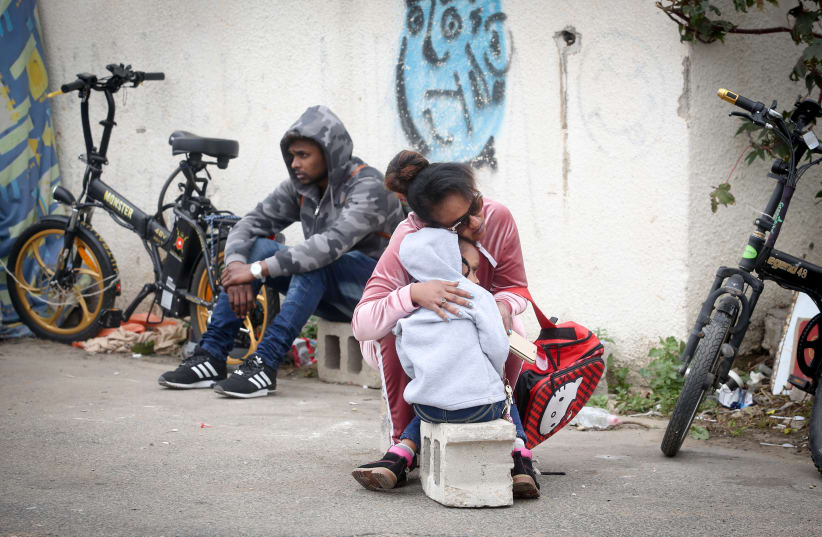What are the ramifications of that accurate description for our handling of the issue of asylum seekers from Sudan and Eritrea? For any country, the proper approach should be to evaluate each asylum seeker fairly, by standards that meet those required by international law and by treaties which the country has signed. Those found to be truly seeking asylum should be given refuge and assistance in a way that maximizes benefit to the refugees and to the country’s citizens and residents. Those who do not qualify as refugees can be deported as per the accepted international practice for illegal immigrants.
A Jewish country – especially one which, due to its new border wall, is no longer under threat of being overwhelmed by a demographic tsunami of refugees that could damage its Jewish identity – should hold to a higher standard. As it says in religious tradition: “You should love the stranger... for you know the soul of the stranger... for you were strangers in the land of Egypt.”
I will leave that higher standard to others to define more specifically; suffice it to say for now that a Jewish country should not fail to meet the minimum expected behavior of other states (whether the other states meet that requirement uniformly or not).
Thus, a Jewish country should not:• Have government officials use the term “infiltrators” when describing an entire population, especially one that may include, or even likely includes, many legitimate refugees.
• Drop a large population of immigrants into the middle of a poor, neglected neighborhood, to the detriment of the residents and of the immigrants.
• Fail to review the vast majority of asylum applications in a timely manner, leaving the majority of the population of applicants in a limbo which exacerbates the problem.
• House refugees in a detention center in the desert from which they are free to leave during the day, but with a curfew that prevents them from finding employment and building their lives.
• Pressure asylum seekers to leave the country – prior to their asylum applications having been reviewed and approved/rejected.
• Fail to transparently address reports that some of those who have been deported already are taken advantage of, robbed, harmed and even killed in their destination countries.
• Renege on an already-announced and accepted offer to relocate a significant portion of the immigrant population to safe destinations which would have allowed the country to spread the remaining immigrants around the country, to invest in their training and employment for the betterment of the country, and to invest in the previously impoverished and neglected neighborhood that has borne the brunt of the trouble caused by this mishandled situation.
So far, we have done wrong both by the asylum seekers and by the citizens and residents among whom so many of them live. It is time to correct those wrongs: for us to remember the stranger as well as to care for the poor and neglected among us. It is time either to fairly and expeditiously evaluate every asylum seeker’s application and act accordingly, or to promptly recommit to the plan negotiated with the UN.
The author lives in Israel and works in business development. He has previously served as an attorney and rabbi.
